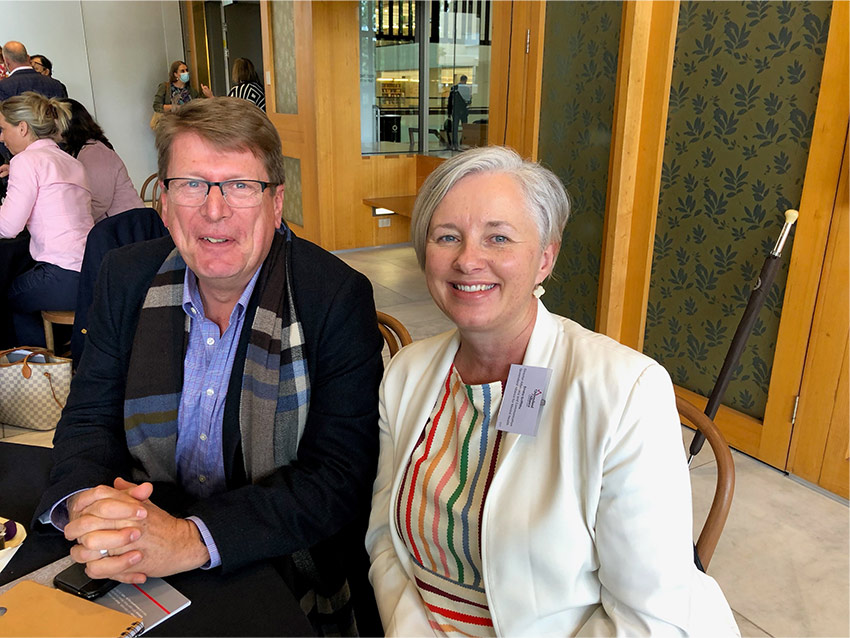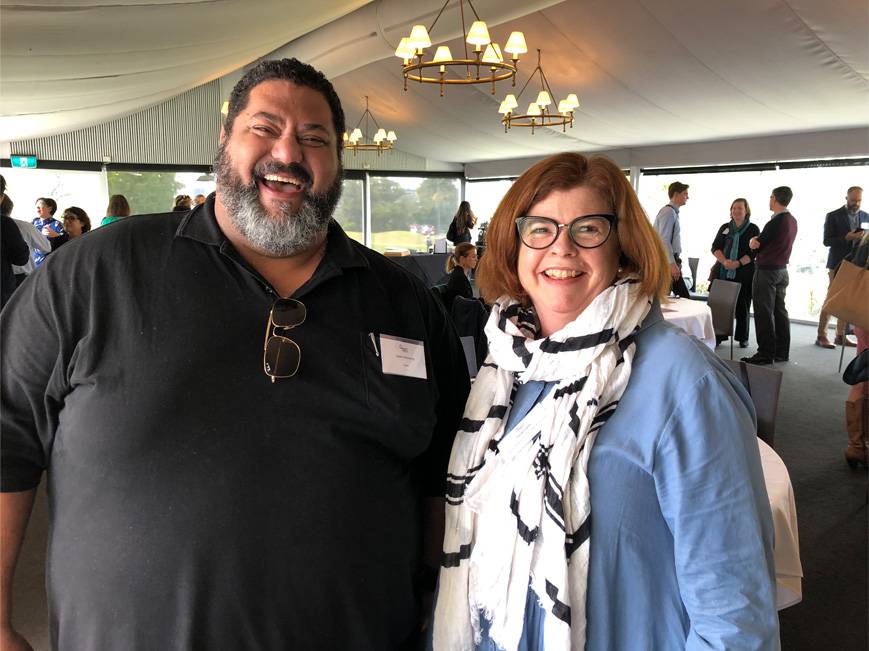
NDIS Provider and Worker Registration Taskforce Submission
3 May 2024
Category: Submissions
QAMH supports registration for all providers and workers, including those providing foundational supports, as a means of increasing oversight to prevent harm and promote safe and effective support delivery. We support a risk-proportionate approach, but effort must be made to ensure the process doesn’t unintentionally prohibit or create barriers to people to qualify or register as a worker.
The model is being developed before other significant and relevant NDIS reform work has been completed and more detailed information is needed, particularly with regards to what the disability-specific Practice Standards for psychosocial supports will require from providers.
In this submission, we highlight the following points:
- Growing a sustainable workforce to meet expected demand for psychosocial supports will be critical. The final registration model, including new Practice Standards for psychosocial supports, must ensure that the process doesn’t unintentionally prohibit or create barriers to people to qualify or register as a worker
- It is unclear how the proposed levels of registration compare with current requirements. Does “advanced” registration reflect current requirements, or additional requirements? This needs to be clarified
- A one-size-fits-all approach to administration of the registration process may have a detrimental impact on small operators. Encouraging and facilitating innovative support for small providers to transition to the model and implement the new Practice Standards will help to ensure that people have access to a diverse range of supports that effectively meet their needs
- Funding for foundational psychosocial supports must account for the higher delivery costs associated with training and supervision and be adequately indexed to meet increases in costs such as increased rents and increase in administration costs, including cost of compliance and registration. Likewise, NDIS pricing needs to adequately meet the cost of delivering psychosocial support. Registration costs for individual workers should also be considered as this may impact worker retention and recruitment
- Registration alone won’t solve the issue of people accessing unsuitable/unskilled support for mental wellbeing: people will require information and guidance that helps them to understand why psychosocial support workers are more appropriate and effective than general NDIS support workers
- Particular consideration must be given to services based in our rural communities where service provision is often limited. The model needs to be careful not to discourage small local providers of psychosocial supports from being established due to high compliance requirements
- Ensuring the registration process does not negatively impact First Nation providers is critically important here. Any development of policies and interventions to address health disparities between First Nations and Torres Strait Islander peoples must be undertaken with lived experience co-design, cultural safety, and an appreciation and understanding of different perspectives of wellbeing.



 QAMH acknowledges the Traditional Custodians of the land on which we live, learn and work and recognise their continuing connection to land, waters and community. We pay our respect to them and their cultures; and to Elders past, present and emerging.
QAMH acknowledges the Traditional Custodians of the land on which we live, learn and work and recognise their continuing connection to land, waters and community. We pay our respect to them and their cultures; and to Elders past, present and emerging.